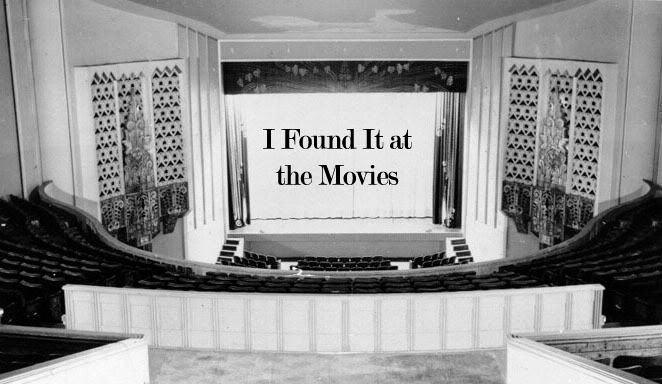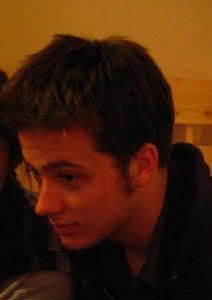(from October 2006.)
THE SCIENCE OF SLEEP (Michel Gondry, 2006)
There are films which tend to easily frustrate my contradictorially populist-elitist mindset. Little Miss Sunshine certainly qualified as one this year, where individual moments delivered great profundity while the overall result was a cliche-ridden TV movie with wonderful acting. Michel Gondry's third feature created a similar sense of frustration. One critic observed that it was Gondry's first truly individual creative expression, no longer hampered by Charlie Kaufman's own concerns with reality. And most definitely, The Science of Sleep presents moments of real sadness and beauty, with Gondry's patented visual absurdity. An example of this is the very first sequence: Stephane (Gael Garcia Bernal), in one of his dreams, hosts a television show where he explains whence dreams come. From there, he stares into a hallucinogenic kaleidoscope of shapes and colors and voices an imagined dialogue between himself and his recently-deceased father. Such sweet tenderness that he expresses is intoxicating. But very soon after, this blend of Stephane's dreams with the uncomfortable reality that continues to invade that realm just smacks of cloying narcissism. Gondry doesn't make things any easier by indulging that narcissism with every bit of precious visual whimsy that he can muster. Stephane's stop-motion dreams are fun, even beautiful at times. But Gondry only engages the faults of Stephane's infantilism superficially, never acknowledging the deep tensions of his failing to grow up. There's just too much whimsy for the film's own good. Only in the last several minutes do we understand what Gondry could have captured in the previous ninety. He has obsesssed over his neighbor Stephanie (Charlotte Gainsbourg), somnambulistically delivering her notes, fixing her toys, and pretending not to live next to her. He is a little boy trapped in a man's body. But at the film's end, he has entered into a wild panic about never being able to find happiness with her. The film's last images are Stephane and Stephanie riding off on her toy horse into a land of clouds. Does this image suggest Stephane's reconciliation with his childish side and the two of them finding true hapiness, or does it suggest that Stephane's dream world has overpowered him, and all that is left is the illusion of true happiness? Gondry deliberately doesn't say. It is a haunting image, and the only one that deeply brings to light the precariousness in which Stephane lives his life.
Subscribe to:
Post Comments (Atom)


No comments:
Post a Comment